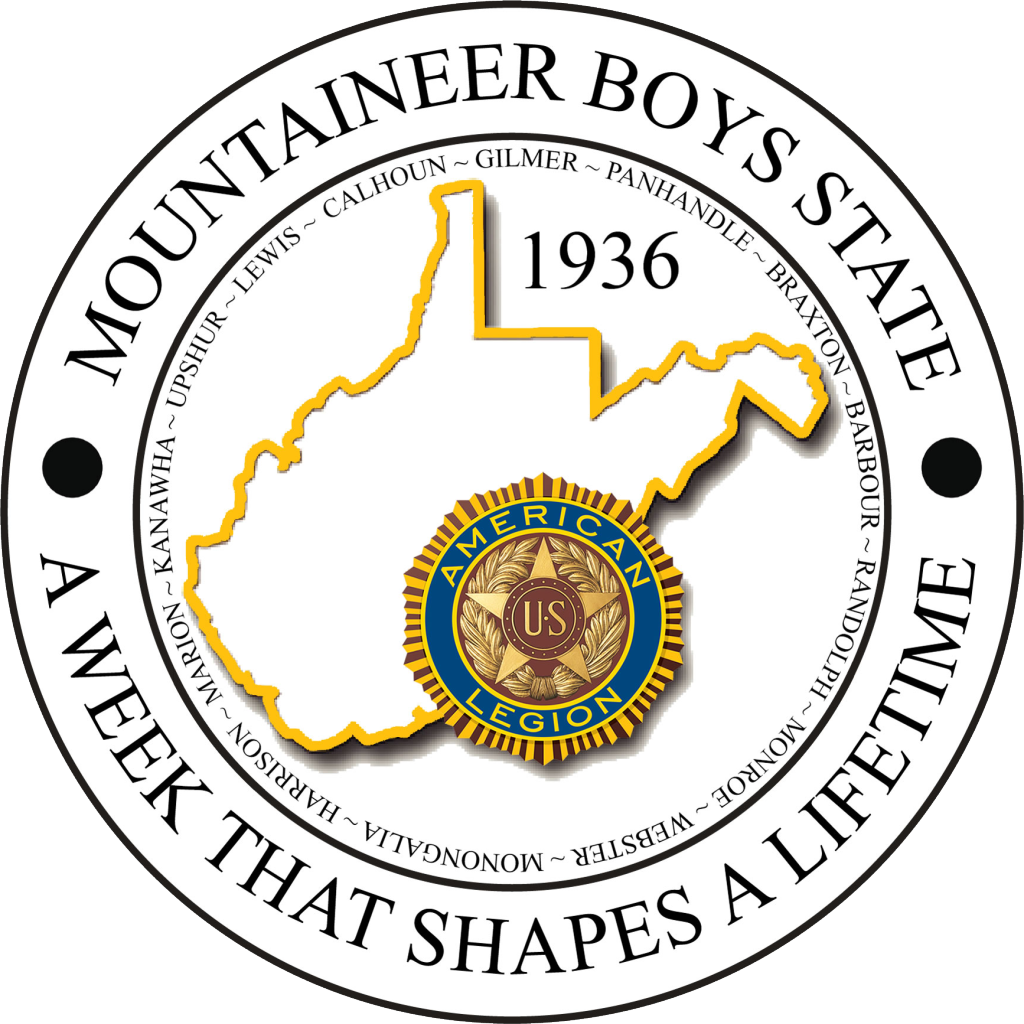Medal of Honor Recipient “Woody” Williams Keynotes ALMBS Veterans Appreciation Assembly
Hershel “Woody†Williams was born on a dairy farm in 1923 in Quiet Dell, West Virginia. He enlisted in the United States Marine Corps and served in the Battle of Iwo Jima with the 21st Marines, 3d Marine Division. During the battle, Mr. Williams displayed “valiant devotion to duty†and service above self as he “enabled his company to reach its objectiveâ€. Mr. Williams’ actions, commitment to his fellow service members, and heroism were recognized on October 5, 1945, when he received the Congressional Medal of Honor from President Truman at the White House. Mr. Williams is the sole surviving Marine from WWII, to wear the Medal of Honor.
Medal of Honor Citation
For conspicuous gallantry and intrepidity at the risk of his life above and beyond the call of duty as demolition sergeant serving with the 21st Marines, 3d Marine Division, in action against enemy Japanese forces on Iwo Jima, Volcano



